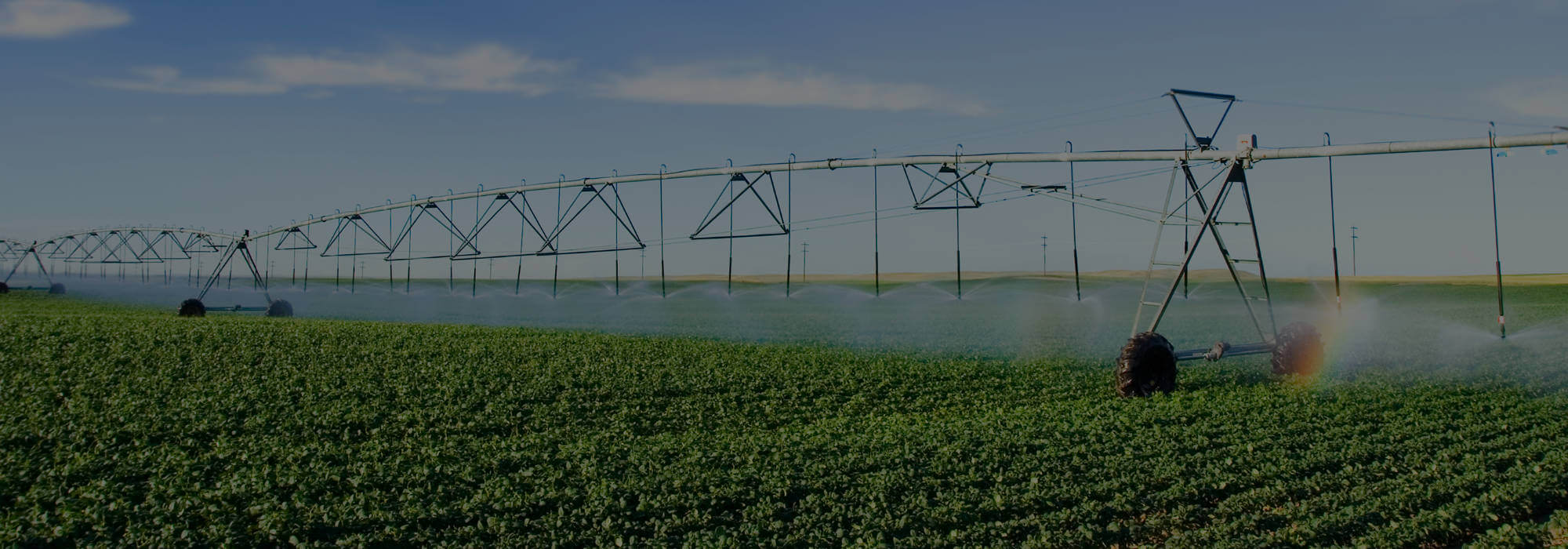23 Mar New Study Shows Groundwater Level Declining in the Odessa Subarea
By: Matt Harris, Director of Governmental Affairs, Washington State Potato Commission
Between 2007 and 2013, the Columbia Basin Groundwater Management Area (GWMA) conducted several studies to better understand the conditions of groundwater resources in the Odessa Subareas.
The original CBGWMA studies estimated 55 percent of deep irrigation wells were unable to sustain high water use crops such as potatoes as of 2009. Further, GWMA projected the rate deep irrigation wells would lose capacity and begin to fail would escalate in 2010/2011,affecting most wells in the area by 2021, and causing a corresponding reduction in cultivation of groundwater-irrigated land.
One decade later, the Washington State Potato Commission and Washington State Department of Ecology’s Office of Columbia River collaborated and commissioned GSI Water Solutions, Inc., a groundwater, environmental, and water resources consulting firm, to evaluate the condition of basalt-hosted groundwater resources for irrigated agriculture and municipalities in the Odessa Subarea.
“This new study underscores the need to stay laser focused on completing the Odessa Groundwater Replacement Program (OGWRP). OCR is working closely with landowners, conservation districts, irrigation districts and U.S. Bureau of Reclamation to achieve this important goal. We are extremely grateful for the continued support and leadership from our legislature to get the job done,” said Tom Tebb Director of the Office of Columbia River. “Still, we must redouble our efforts to prevent a collapsing aquifer and the resulting severe hardship and economic fallout to our rural communities within the greater Columbia Basin. The effects of which would ripple through Washington State’s economy and ultimately our nation.”
While some variability was noted, outcomes of the new study show that the overall rate of water level decline in the aquifer in the last 10 years are as predicted by the original GWMA studies. Family farms in the region had to increase water efficiency to minimize water capacity losses and mitigate the effects of poor water quality, mostly by converting to lower water-use or dryland crops. This caused a reduction in acreage planted with higher water use crops up to 30 percent, consistent with estimates of the overall reduction in acreageplanted in potatoes within the last 10 years observed in a recent WSU study (Nadreau and Fortenbery, 2017).
This new study helps quantify the current state of the Odessa Aquifer, which echoes the continued need for aid to rescue a water dependent region. In 2019, the Washington Department of Commerce conducted a survey and the outcome estimates roughly 40 percent of public water systems in the greater Mid-Columbia Basin region either have experienced effects from declining groundwater levels or are concerned about their ability to meet demands in the next 10 to 15 years. Municipalities that do not currently have sufficient undeveloped capacity on their water rights to accommodate increased demand may experience limits on future growth because they are unable to obtain a new water right authorization.
Farms and cities are running out of options for addressing future water capacity losses that will occur as groundwater levels continue to decline. Water quality in deep aquifers often is marginal for irrigation of high value crops and requires application of increasing amounts of soil amendments. Stakeholders are fighting to keep fresh, clean water available for future generations. Therefore, continued efforts to advocate for the completion of OGWRP is highly critical as the program itself is in fact a “rescue mission”. State and Federal funds are desperately needed to rescue the Odessa Aquifer that occupies approximately 2,000 square miles in portions of Grant, Lincoln, Adams and Franklin counties, and impacts the State of Washington and the 60,000 plus residents that call the Odessa Subarea and surrounding region home.
